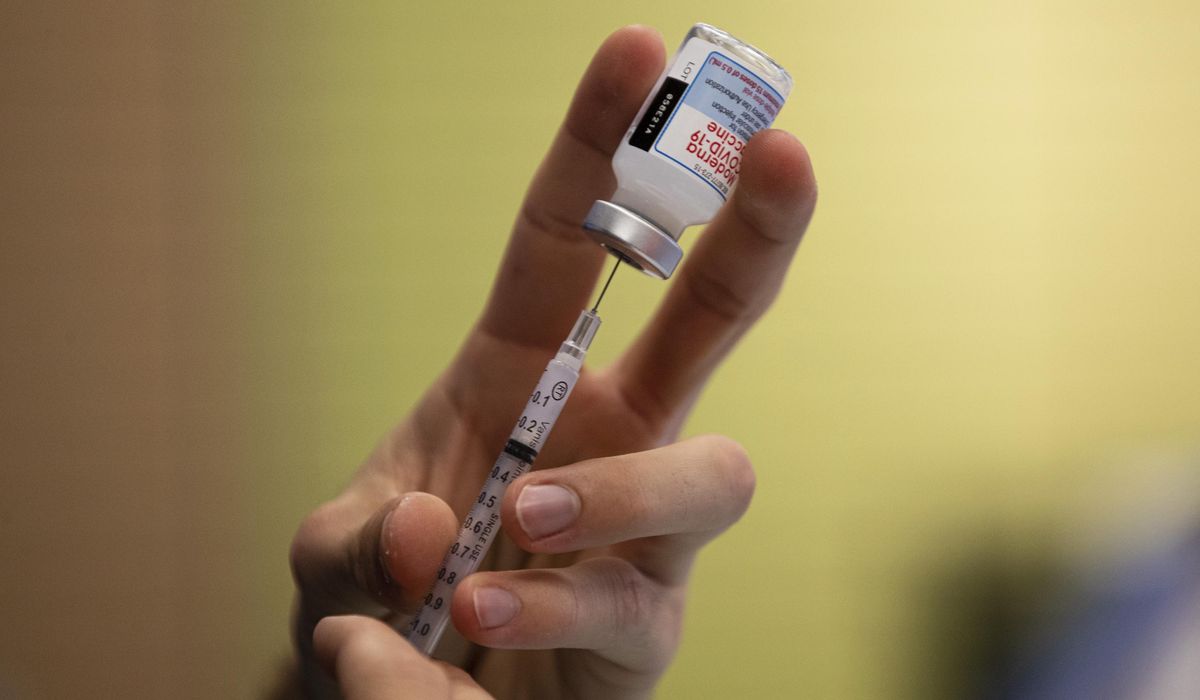The Biden administration on Thursday said it will take control of patents for drugs that were developed with public funding but are priced too high, setting up another clash with the pharmaceutical industry.
The White House, for the first time, is flexing what’s known as march-in rights. It gives the government leeway to issue licenses to third parties if the original patent holder, after leveraging taxpayer help, charges prices that agencies deem to be excessive.
“The Biden-Harris administration believes taxpayer-funded drugs and other taxpayer-funded inventions should be available and affordable to the public,” the White House said in a fact sheet Thursday.
The new framework informs agencies they can consider prices in deciding whether to exercise march-in rights. The public will have 60 days to comment on the proposal before it’s finalized.
The pharmaceutical industry reacted angrily to the proposal. It said the authors of the Bayh-Dole Act, which the administration is leveraging for the policy, never intended for it to be used for government price-setting.
“The U.S. leads the world in medicine development precisely because our unique system enables the private sector to work with government and academic researchers for the benefit of patients,” the Pharmaceutical Research and Manufacturers of America said in an email blast to reporters. “This march-in framework is yet another assault on the industry from the administration.”
PhRMA is among the plaintiffs suing Mr. Biden over another policy that lets Medicare negotiate down the cost of select drugs. The proposal was included in the tax-and-climate legislation Democrats muscled to passage last year and, in the first round, will subject 10 high-priced drugs to price negotiations in the coming months.
The use of march-in rights is a key priority for some progressive lawmakers.
Senate Health Committee Chairman Bernard Sanders, Vermont independent, pressed the new director of the National Institutes of Health to promote march-in rights during her confirmation hearing, and he took Moderna to task for significantly raising the list price of its COVID-19 vaccine after working alongside government researchers during part of the development phase.
Moderna defended the price hike as reasonable, given the uncertain market for the coronavirus shots and its own work in developing the messenger-RNA technology behind its vaccines.
For more information, visit The Washington Times COVID-19 resource page.
𝗖𝗿𝗲𝗱𝗶𝘁𝘀, 𝗖𝗼𝗽𝘆𝗿𝗶𝗴𝗵𝘁 & 𝗖𝗼𝘂𝗿𝘁𝗲𝘀𝘆: www.washingtontimes.com
𝗙𝗼𝗿 𝗮𝗻𝘆 𝗰𝗼𝗺𝗽𝗹𝗮𝗶𝗻𝘁𝘀 𝗿𝗲𝗴𝗮𝗿𝗱𝗶𝗻𝗴 𝗗𝗠𝗖𝗔,
𝗣𝗹𝗲𝗮𝘀𝗲 𝘀𝗲𝗻𝗱 𝘂𝘀 𝗮𝗻 𝗲𝗺𝗮𝗶𝗹 𝗮𝘁 [email protected]



